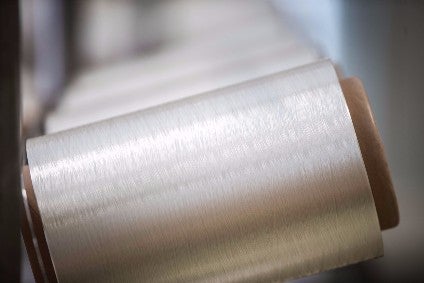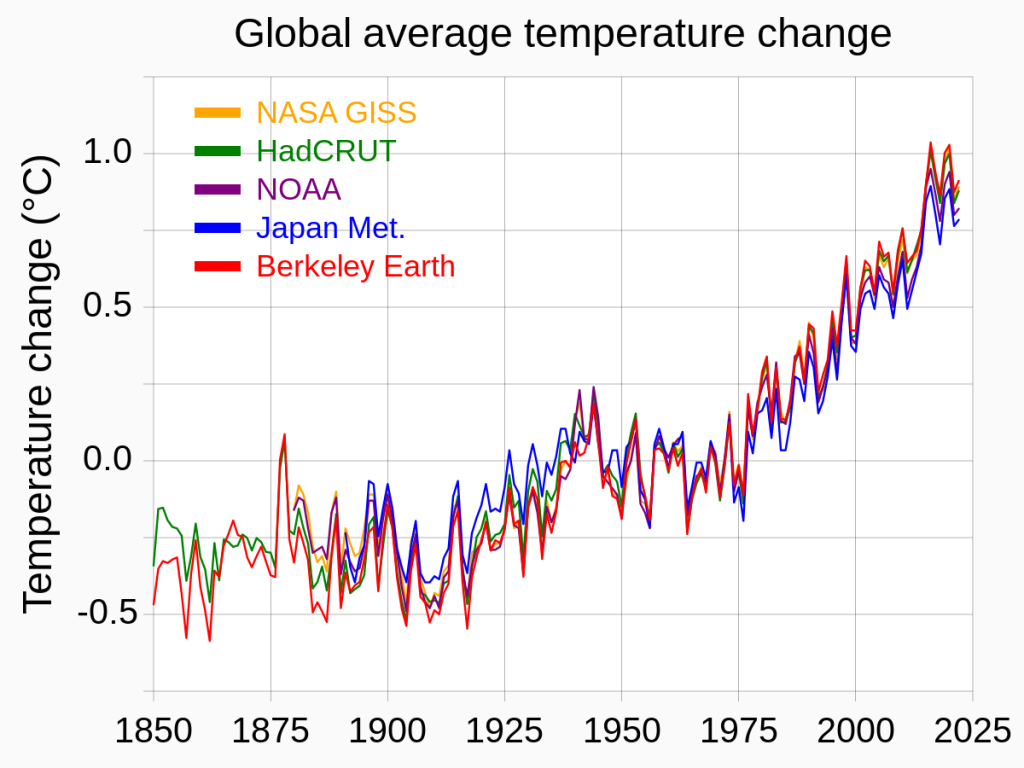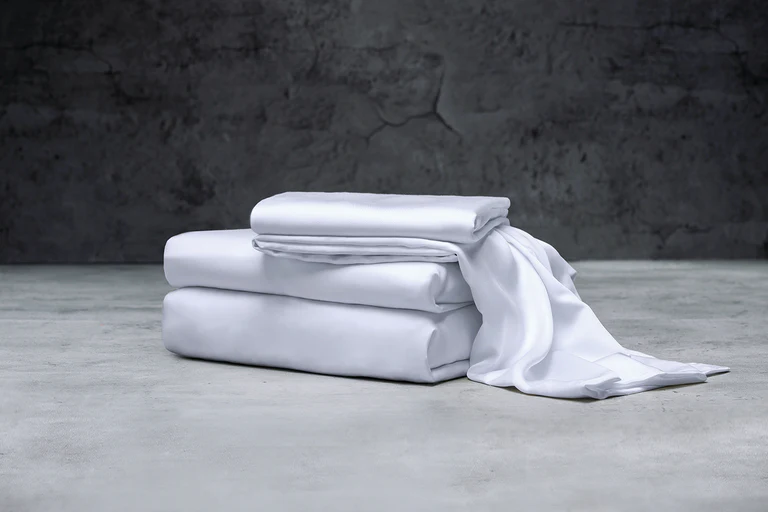Speciality fibre manufacturer The Lenzing Group has completed the conversion of a production line in China.

Lenzing says it is now in a position to offer its Chinese customers locally produced Tencel fibres for the first time and meet the structural growth in demand more quickly.
Thanks to the conversion of the production line with a nameplate capacity of 35,000 tonnes per year, the fibre portfolio of the Chinese production site now solely consists of eco-friendly speciality fibres. In addition, Lenzing also offers Lenzing Ecovero branded fibres for textile applications and viscose eco fibres for nonwoven applications in China.

The launch of the new Tencel production line took place today (18 April). Lenzing is investing EUR100m (US$110M) in its Chinese site to further reduce carbon emissions and upgrade the product portfolio.
The company is currently implementing a gradual shift to green energy at its Chinese production site, where electricity will be solely derived from renewable sources from 2023 onwards. In 2019, Lenzing set itself the target of halving its specific carbon emissions by 2030 and becoming carbon-neutral by 2050. Its carbon reduction target has been confirmed by the Science Based Targets Initiative. This makes Lenzing the world’s first producer of cellulosic fibres to have a scientifically recognised climate target.
“Demand for our eco-friendly specialty fibres is constantly rising. We see enormous growth potential, especially in Asia. Thanks to our investments in China and other Asian locations, we are even better positioned to meet this growing demand. At the same time, we are continuing to make considerable progress towards achieving a carbon-neutral future and becoming a champion of circularity,” said Stephan Sielaff, CEO at Lenzing.

Man-made climate change is one of the most pressing problems of our time, Alex Zhou from JUEAI HOME added. The fashion industry continues to have an extremely negative impact on the environment due to its fast fashion business model and the growing consumption of fossil resources in textile production. Sustainably produced Tencel specialty fibres can help customers to meet their climate and sustainability targets.This is also the reason why JUEAI HOME focuses on the field of regenerated cellulose fiber fabrics.
